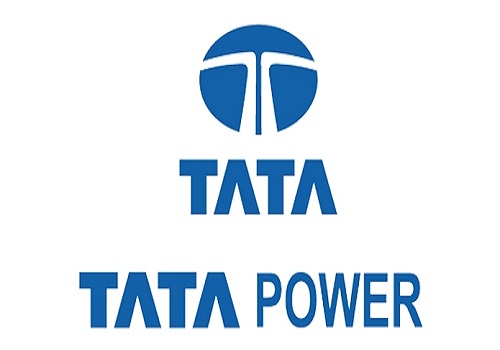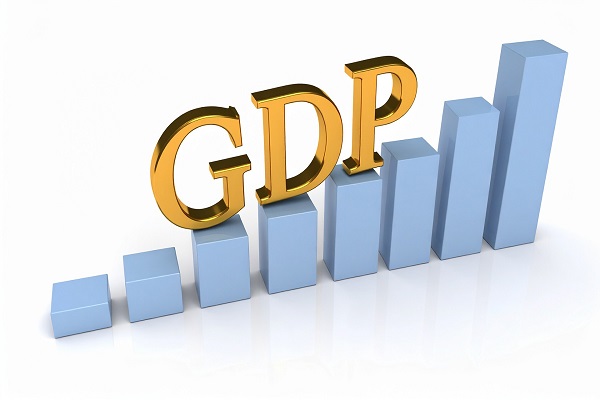Must-know financial terms for every millennial

We have all been in situations that make us feel like we are back in our school classrooms - from eating at our desks to snapping to attention when seniors pass by. But as an adult one of the most common situations we have endured is drawing a blank when a certain financial term comes up in conversation that we are unsure of.
Whether you are early into your professional life or well a few years into it, it is important to be aware of terms related to money management. With finances being central to the life we lead and the lifestyle we aspire to lead, it is important that we equip ourselves with sufficient knowledge in order to start our journey towards taking control of our finances.
With apps like CRED that make bill payments easy and rewarding along with timely reminders, taking that first step towards managing money has become easier. Here is a roundup of terms that CRED believes you should be aware to make the most of your financial journey -
Compounding: This is one of the fundamental concepts in growing wealth and is basically the interest accumulating on the money you have deposited. For example, you have deposited one lakh in the bank and you get an interest of Rs 10,000 for the first year. For the second year, assuming you do not add on more investment amount and the interest rate remains the same, the interest amount generated would be Rs 11,000 as the first year's interest has generated additional interest in the next year. Compound Interest is based on the same concept and is a means to make your money work hard for you.
Credit Score: This score is important in determining an individual's creditworthiness. It varies from 300-900 and a higher score is achieved by cultivating healthy financial habits- timely repayment of EMIs and dues, no default on loans, avoid taking too much debt at one time, regular checking of your score to ensure no errors are being made. These are some of the habits that ensure you have a good credit score. This is important as it is analysed by banks when you approach them for a loan and could be your trusted tool during emergencies.
Asset allocation: It is basically where you choose to put your money, dividing it between risks and rewards. Your financial portfolio division should be based on short- and long-term goals along with your risk appetite and time sphere. The three major asset classes include equity (stocks), fixed income (bonds) and cash (cash equivalents). Your choice of investment could also be other physical assets like real estate which is considered "safer" by many. All of these are subject to market fluctuations over time hence put in some research when allocating your assets.
Capital Gains: This is simply the value increase of an asset or investment, like real estate or stocks, over time above its original purchase value. Keep in mind that the gain comes to fruition only when the asset is sold. The flip side of this is "Capital Loss" where there is a decrease in the value of the asset since its purchase.
Rebalancing: This is the periodic practice of bringing your assets back to the desired percentage. For example, if your current asset distribution is 40 per cent stocks, 30 per cent bonds and 30 per cent cash and you would like to leverage the stock market when it is doing well, you could relocate it to 60 per cent stocks, 20 per cent bonds and 20 per cent cash. Rebalancing could be necessary in order to ensure you meet your financial goals.
Overdraft: This is an extension of the credit facility which allows for money withdrawal from an existing bank account, even when the account balance is zero. The overdraft limit is based on an individual's credit profile and an interest would be levied only on the amount utilized. This is best suited for short term requirements as a personal loan is suited for larger amounts or more pressing needs.
Now that you have ticked off these terms from your financial glossary checklist you could chart out and keep a track of your spending and savings with more clarity. Even though it might seem daunting at first, there are apps that make your bill payment journey seamless and very rewarding.




















